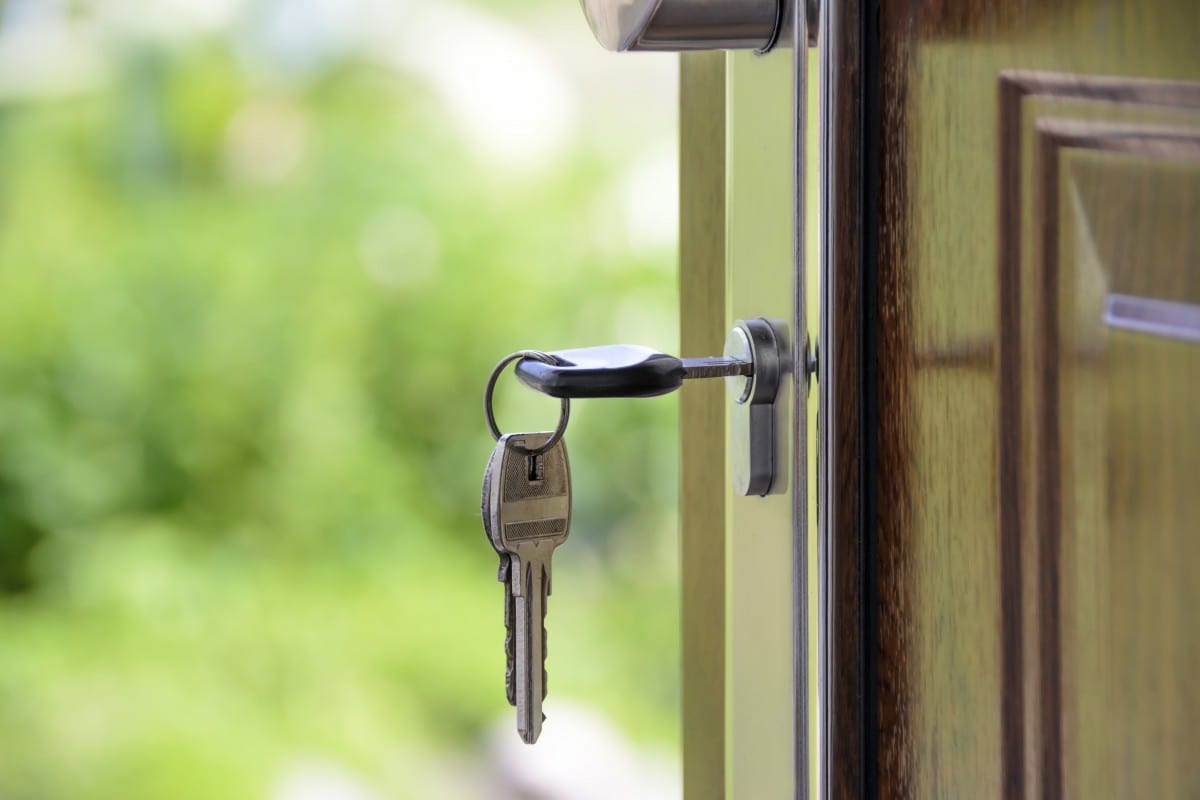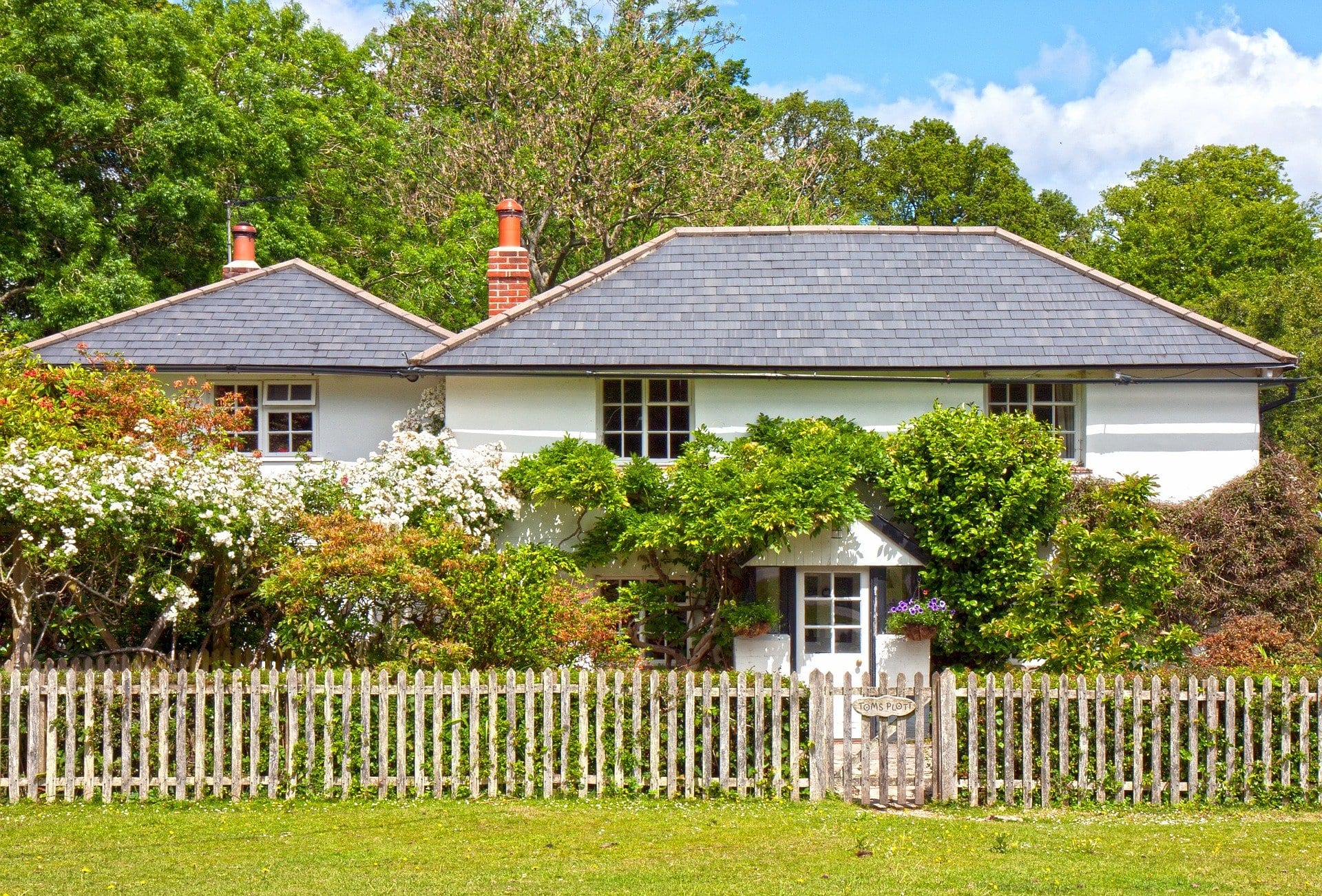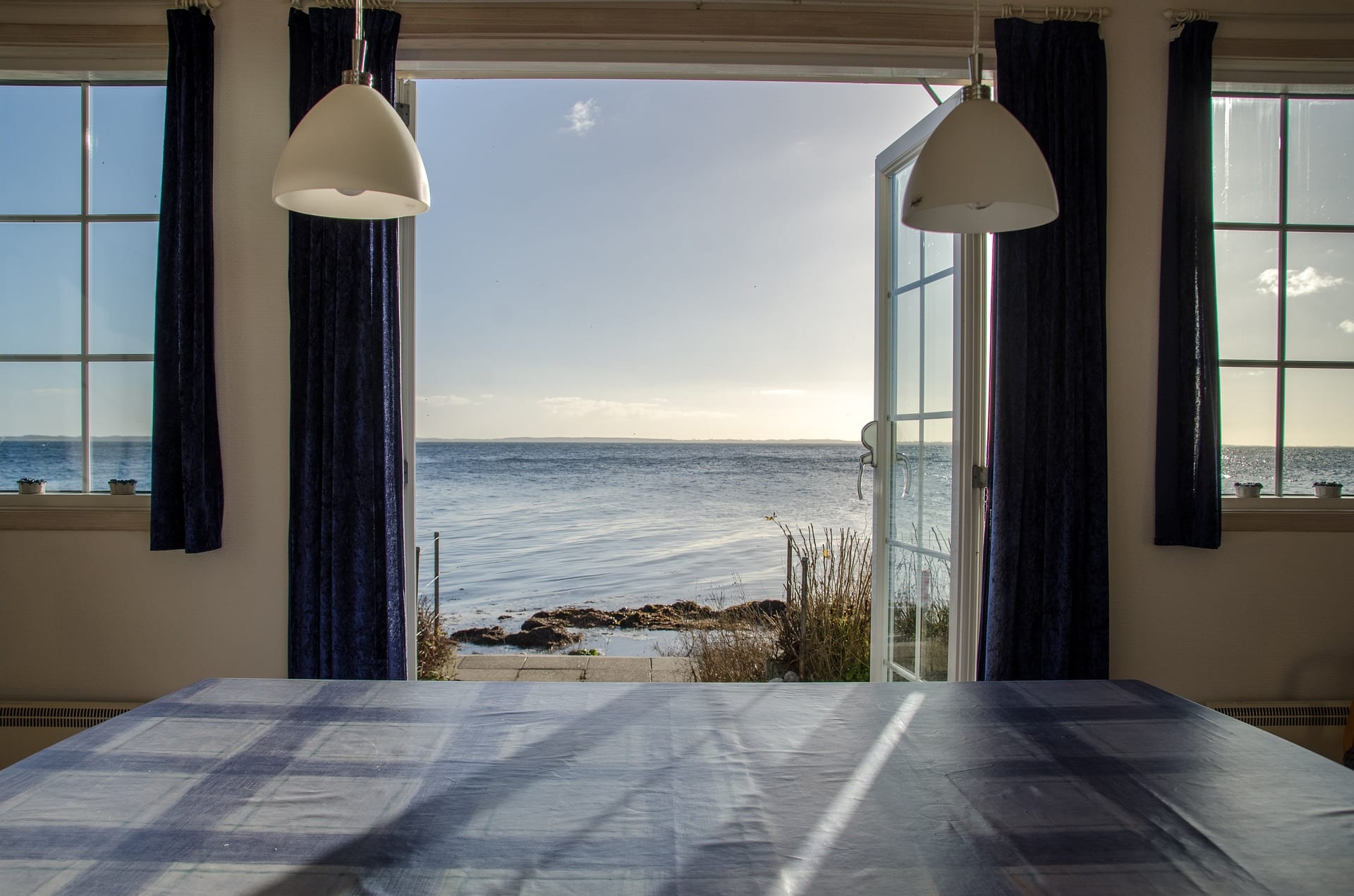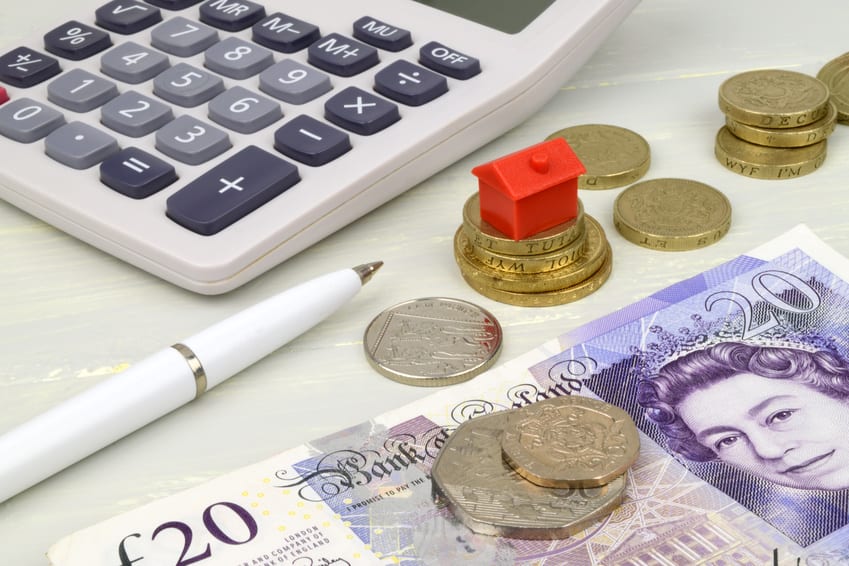Guest Blog
In most circumstances, buying property can be considered a sound investment. This applies as much to commercial property as it does to a domestic property purchase. But in the same way that you would not buy a private house until you had gone through all the checks and put everything in place ready to make an offer, commercial property also requires that you attend to certain preliminaries before making any commitment. So here’s a list of six tasks which should definitely be on your to-do list.
- Does this property meet your business needs?
It’s true that a rental property may offer a business a certain extra degree of flexibility, but the downside is often that the business owner has little control over future rental costs. By comparison, a property owner agrees mortgage terms at the outset and therefore has much more control over future outgoings. In addition, where business tenants may have limited options to modify their premises, commercial property owners are free to make any alterations their budget (and the local planning laws) will allow.
It’s usually wise to invest in something slightly larger than you currently require. That means you have room for expansion when needed, and there’s always the option to rent out part of a building to generate additional income while leaving yourself some flexibility to make further changes as required.
Remember too to check ‘business basics’ like adequate parking facilities and good access to the transport links your business trading demands.
- Is this the most suitable type of property?
Unless you are an experienced investor, don’t buy a commercial property just because it’s an irresistible deal. Commercial property falls into distinct categories such as business offices, retail premises, industrial sites, leisure accommodation and special-function units like schools and petrol stations. As a novice, that means you should always go for purpose-built property and forget any ideas about conversions and/or complexities like possible ‘change of use’ applications.
- Have you set your budget?
Your pending commercial property purchase is a business acquisition and thus will need to feature in your business development plans. That in turn means exploring, and fixing, the budget you have available prior to searching the market. And given that this purchase is also a business investment, part of your planning should also quantify what return you would expect for this capital injection, and specify the period over which you will reap the rewards.
- Optimise the location
Most high-performing businesses will positively benefit from an optimum location chosen wisely. That means making relevant decisions e.g. about city-centre or out-of-town sites, the location of your potential market, how close you want to be to your rivals, as well as considering the future growth potential of the area.
This is one element where it will pay to speak to professionals such as estate agents and business brokers.
- Assess the local property market
To make an informed decision, you will need to check features such as: local commercial property values and pricing trends, property taxes, mortgage interest rates and rental values. This will give you detailed information about how much your proposed commitment might cost, and what returns you might expect. And as regards investment returns, your analysis will be more helpful if it can establish what your short-, mid-term and longer-term prospects will look like.
- Check commercial mortgage availability
There is, of course, little purpose in searching for a property if you are not eligible for mortgage funding. This should be considered as two separate issues:
- a) gaining acceptance ‘in principle’ for commercial mortgage funding up to a certain amount;
- b) securing a commercial mortgage on a property you intend to purchase.
Obtaining a mortgage in principle is largely a matter of having a good credit record and meeting a provider’s lending criteria, whereas agreeing a mortgage on a specified property is likely to involve detailed structural surveys and property assessments.
Here again, it is likely to be in your interests to seek specialist advice in each of these areas, especially given that commercial mortgage providers will require such detailed information to decide whether they wish to quote mortgage terms.
Finding a commercial property
You may find commercial properties listed on different online sites and perhaps be tempted to go it alone armed with your portfolio of information. However, just as in the domestic property market, the input of local professionals and/or those who specialise in your business sector can prove invaluable. They will ensure you find the best property for your needs and secure a good purchase deal which meets your business investment objectives.
By Matthew Hernon is an Account Manager at Dynamis looking after Business Transfer Agents, Franchises and Commercial Properties across BusinessesForSale.com, FranchiseSales.com and PropertySales.com.












